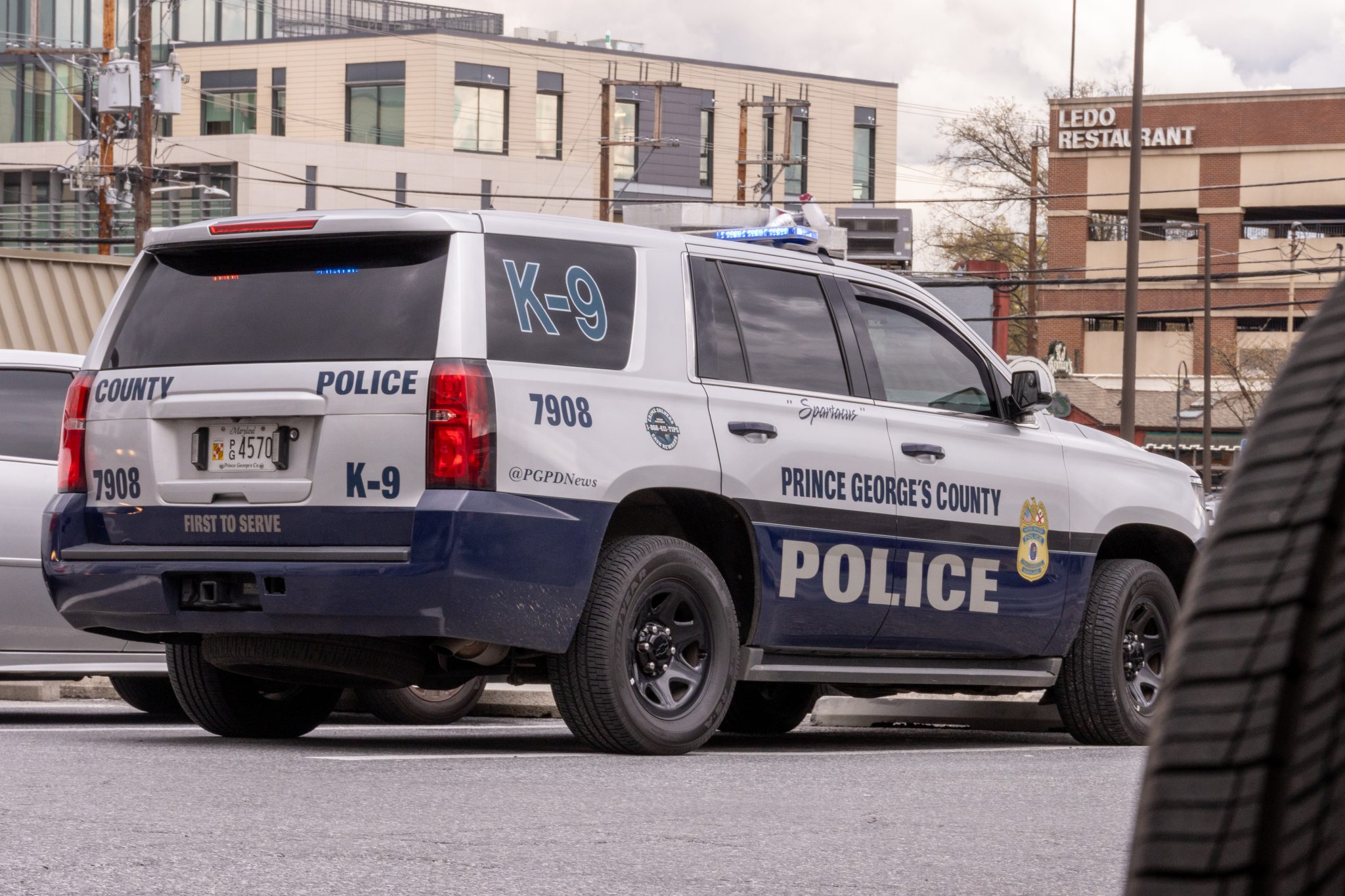The Prince George’s County Council is discussing a bill that aims to promote safe interactions between first responders and individuals with special needs and mental health diagnoses.
The bill would establish a voluntary 911 registry program for county residents. Prince George’s County Police would administer the program, which would alert first responders of registered individuals’ mental health risks and special needs when responding to a call.
“I think it’s something that the community desperately needs, and it is something that will also put our law enforcement in a better position,” District 7 council member Krystal Oriadha said.
Prospective registrants could opt into the program by filling out a form online or visiting police offices and libraries across the county, county council liaison to the county executive Sakinda Skinner said at a county council health, human services and public safety committee meeting on April 4.
Information provided by the registrant would be confidential medical information and the entry would expire every year on Dec. 31. Registrants would reregister and update their medical information.
The registry would help combat the county’s mental health crisis, according to Oriadha, the bill’s sponsor.
[Prince George’s County leaders tout potential new hospital, women’s health center]
Oriadha emphasized that the legislation would help to further trust between first responders and registrants, which is vital in emergency interactions.
“Our goal is to create a system that allows our first responders to get the information that they need so they can help the community feel more safe and secure,” Oriadha said.
The county council bill follows similar programs across Maryland.
Howard County has a program that allows residents to “flag” addresses to first responders where an individual with autism, along with other diagnoses, resides. A 2021 Baltimore City pilot program also aimed to divert mental health-related service calls from first responders to mental health professionals.
Registries, such as the one the bill proposes, help address information gaps during emergency situations by better informing first responders about mental health-related service calls, according to the Journal of Law, Medicine and Ethics.
PG ChangeMakers — a Prince George’s County-based organization that focuses on racial and social justice issues — supports the bill because it would put mental health awareness at the forefront of interactions with first responders, according to Janna Parker, the organization’s executive director.
“It’s very important that [first responders] understand and know who may have special needs, who may have mental illnesses, so they can come into those situations with that background knowledge and mindset to promote a healthier interaction,” Parker said.
[Prince George’s County program gives formerly incarcerated citizens a ‘second chance’]
But Parker expressed concerns that registrants could forget to reregister and jeopardize their spot in the registry. An automatic annual reregister and making the program opt-out instead of opt-in would be useful additions to the legislation, Parker added.
Barry Stanton, the deputy chief administrative officer for public safety and homeland security in the county executive’s office, said the bill is important for the community in the April 4 health, human services and public safety committee meeting.
“I think it’s great legislation for the public, for the community and for 911 communications,” Stanton said.
Moving forward, Parker and Oriadha highlighted other ideas to improve interactions between first responders and community members with special needs and mental health diagnoses.
Parker suggested additional training and education for first responders on how to interact with people with special needs and mental health issues. Oriadha added that training officers how to de-escalate and handle mental health crises would be a crucial strategy to help the county’s mental health crisis.
“We also need to continue to invest in training for officers on how to de-escalate and deal with mental health crises and people with special needs,” Oriadha said. “We don’t think this bill is the only solution, but it is part of it.”



